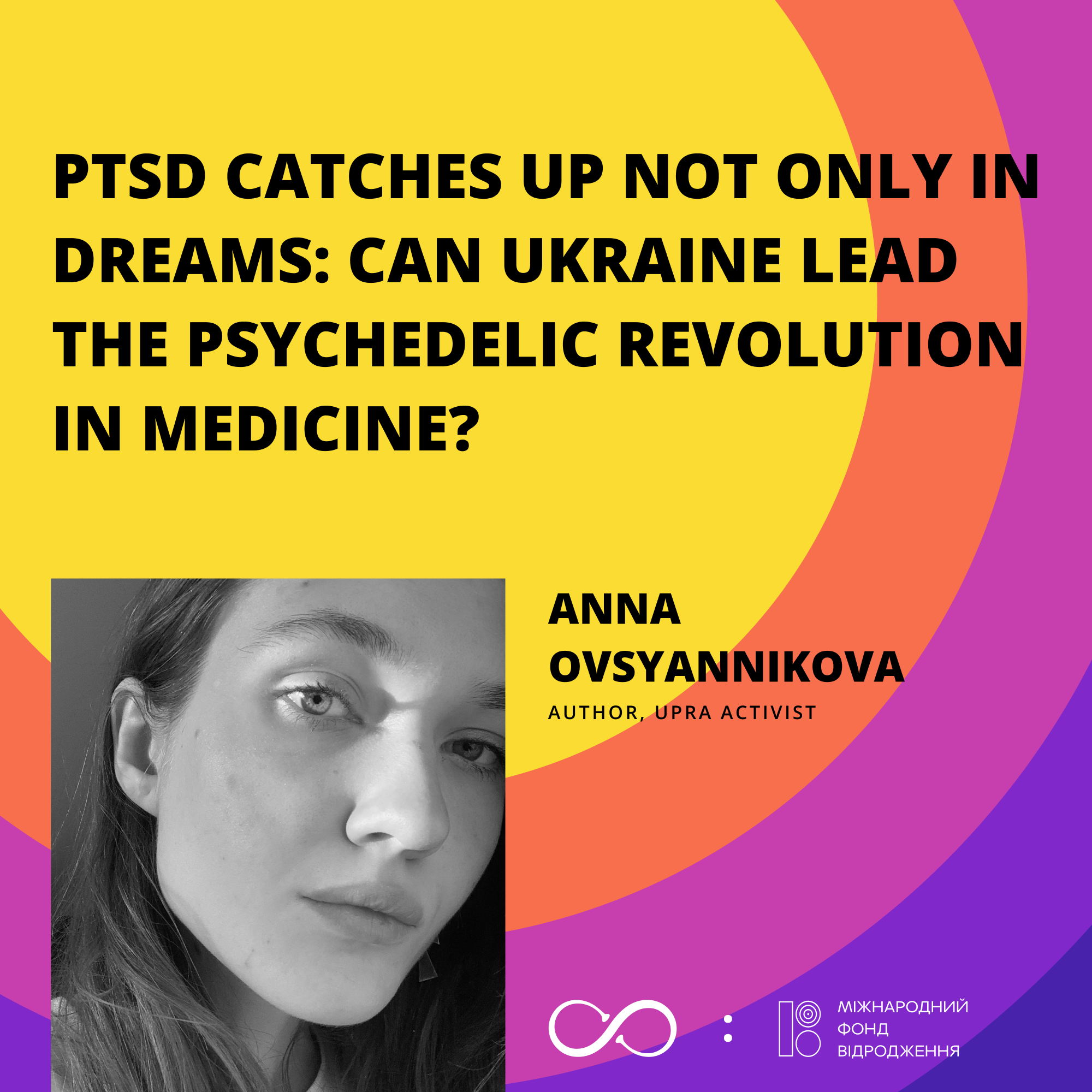PTSD Catches Up Not Only in Dreams: Can Ukraine Lead the Psychedelic Revolution in Medicine?
-
28 June 2025Переглянуто: 1546
Returning from war is longawaited but difficult — and not limited to simply coming home.
Many veterans face the consequences of their experiences: post-traumatic stress disorder (PTSD), depression, anxiety, emotional exhaustion, and difficulties adjusting to peaceful life.
These challenges are widespread and require not only personal effort but also understanding, support, and systemic help.
Many veterans face the consequences of their experiences: post-traumatic stress disorder (PTSD), depression, anxiety, emotional exhaustion, and difficulties adjusting to peaceful life.
These challenges are widespread and require not only personal effort but also understanding, support, and systemic help.
“Mentally, everything was okay as long as I was among my own — at the base, at the gym. But two years after demobilization, depression came. I couldn’t find myself, didn’t want to do anything. Alcohol appeared in my life — I had problems with it for a while. War catches up not only in dreams — there are flashbacks in real life too.”
These words from a veteran reflect a typical situation for those returning from the front. Statistics show: less than 10% of veterans who begin traditional PTSD treatment finish it and experience noticeable improvement.
However, in many parts of the world, alternative methods already exist that show higher effectiveness. One of them is psychedelic-assisted therapy (PAT) — which has proven its success in developed countries.
PAT is an approach that combines psychotherapy with the use of specific psychoactive substances, such as MDMA, psilocybin, ketamine, ibogaine, etc. Due to their ability to temporarily enhance brain plasticity, these substances are called psychoplastogens. Another name for this group of substances is psychedelics — you can read more about them on the UPRA website..
International Experience with PAT
Examples from other countries show that social support and access to innovative treatment methods are key factors in the healing process. In the USA, Israel, Australia, and a number of other countries, psychedelic therapy is already being used or undergoing stages of legalization for the treatment of PTSD.
Heroic Hearts Project (USA)
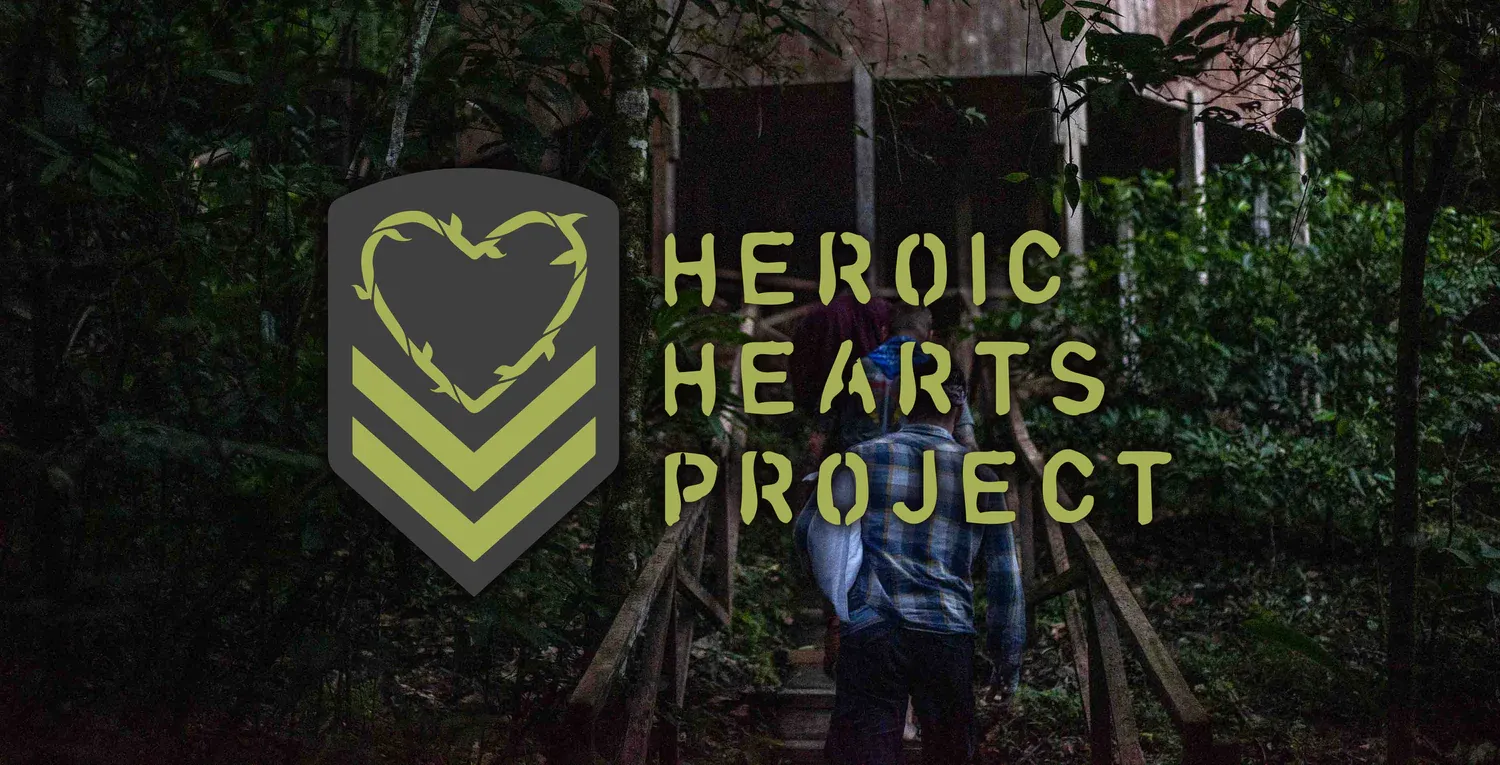
The Heroic Hearts Project – is a non-profit initiative that supports U.S. veterans through psychedelic therapy. Founded in 2017 by Jesse Gould, a former Army Ranger, the organization provides access to treatment programs using ayahuasca and other psychedelics.
Gould was diagnosed with PTSD after serving in the 75th Ranger Regiment, where he sustained a traumatic brain injury. His healing journey began after participating in four ayahuasca ceremonies in Peru. Seeing the profound positive effect, he decided to create an organization that would help other veterans.
“Please know that there is hope. We can become a lighthouse for others…”
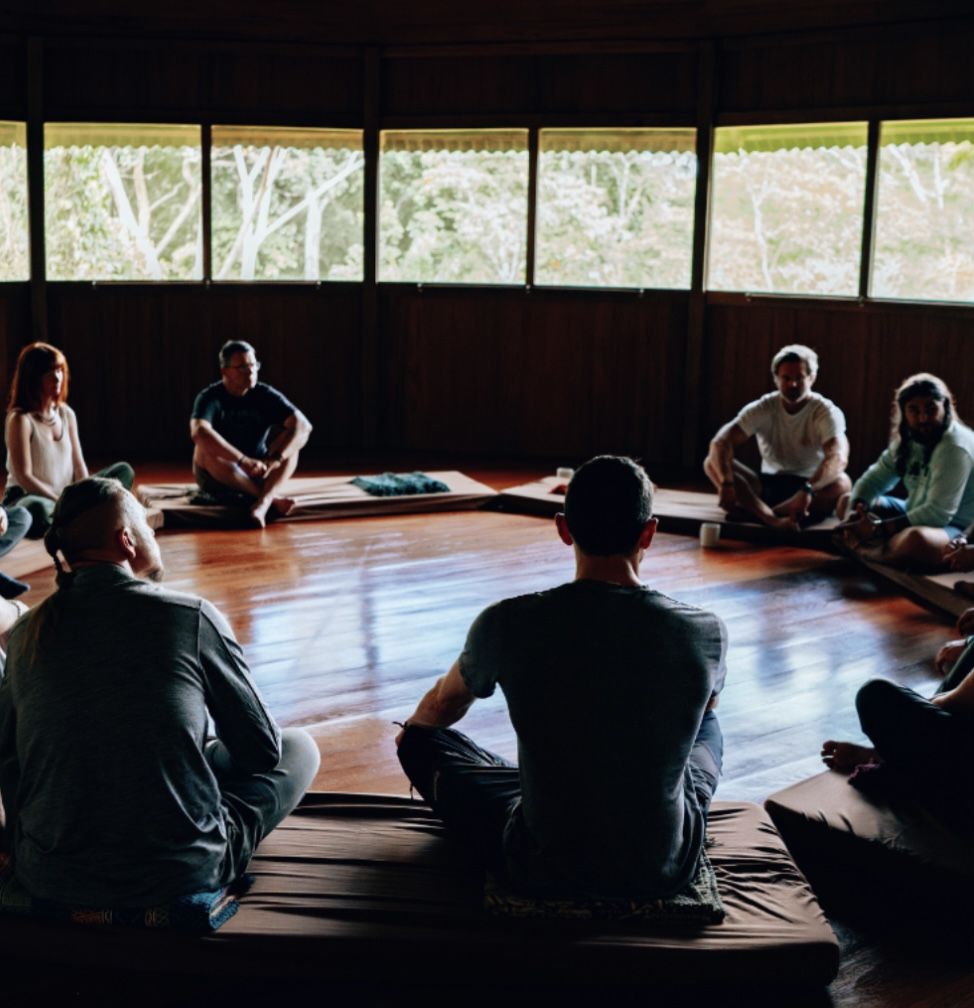
Over 80% of veterans who participated in at least one program reported significant improvement in their psychological well-being.
VETS (USA)
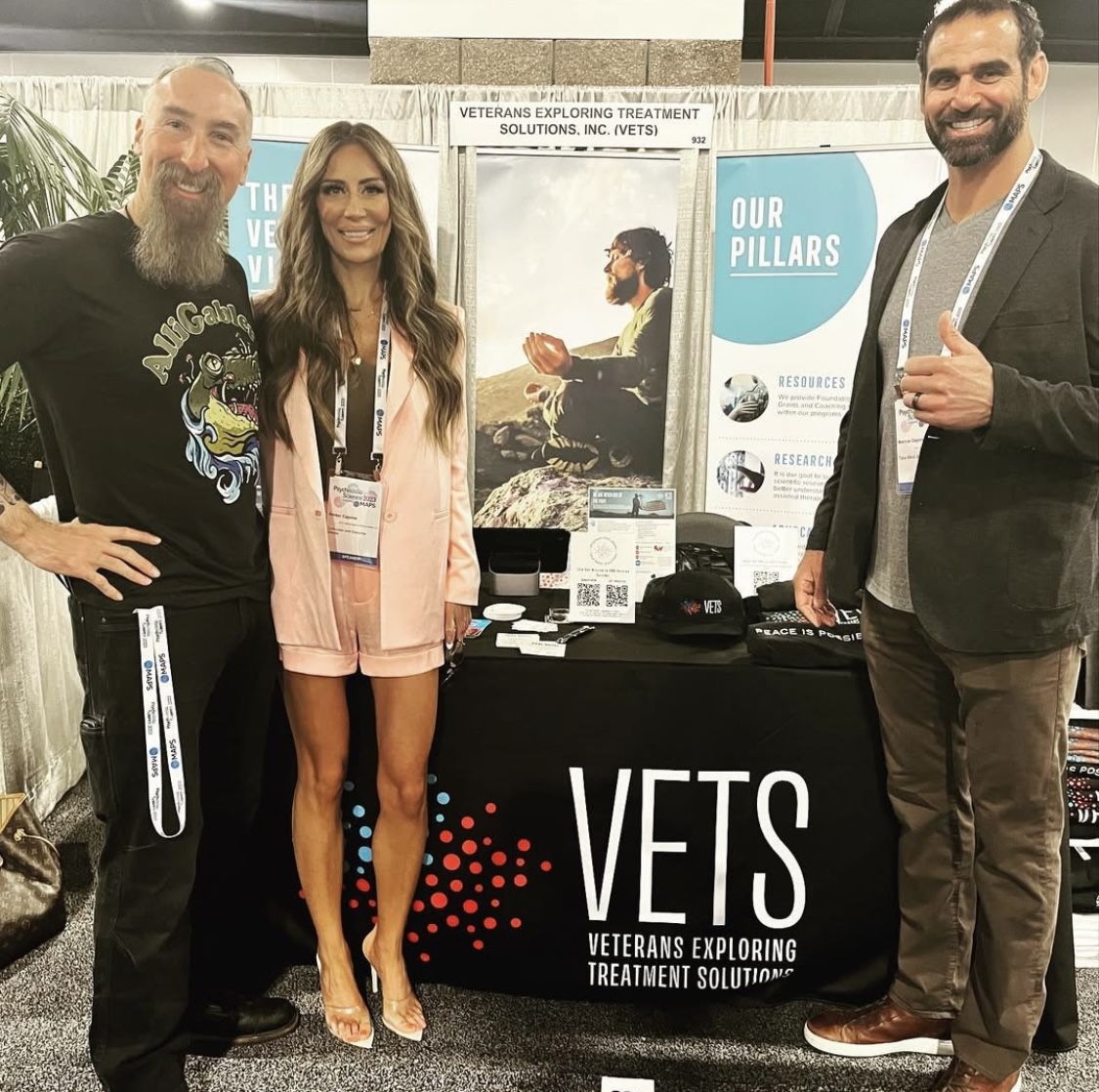
Another organization helping veterans through psychedelic therapy is – VETS,founded by Marcus and Amber Capone in 2019.
Marcus, a combat veteran of Afghanistan and Iraq, struggled for years with depression, anxiety, and suicidal thoughts. After exhausting all traditional treatment options, he and his wife turned to ibogaine and 5-MeO-DMT therapy outside the United States — a turning point in his healing journey.
From drugs to medicine: how the U.S. changed its view of psychedelics over half a century — read more on the UPRA website.
Trauma4Good (Israel)
The Israeli experience is also worth highlighting. Oren Or Biton, a veteran of the Israel Defense Forces who personally struggled with PTSD, founded Trauma4Good, an organization that helps soldiers and rescuers with the consequences of traumatic experiences.
Phoenix Australia (Australia)
Australia became the first country in the world to legalize psychedelic therapy for the treatment of severe mental health conditions — including PTSD in veterans. There is Phoenix Australia – a center for posttraumatic mental health that implements innovative therapeutic approaches and supports research and clinical practice.
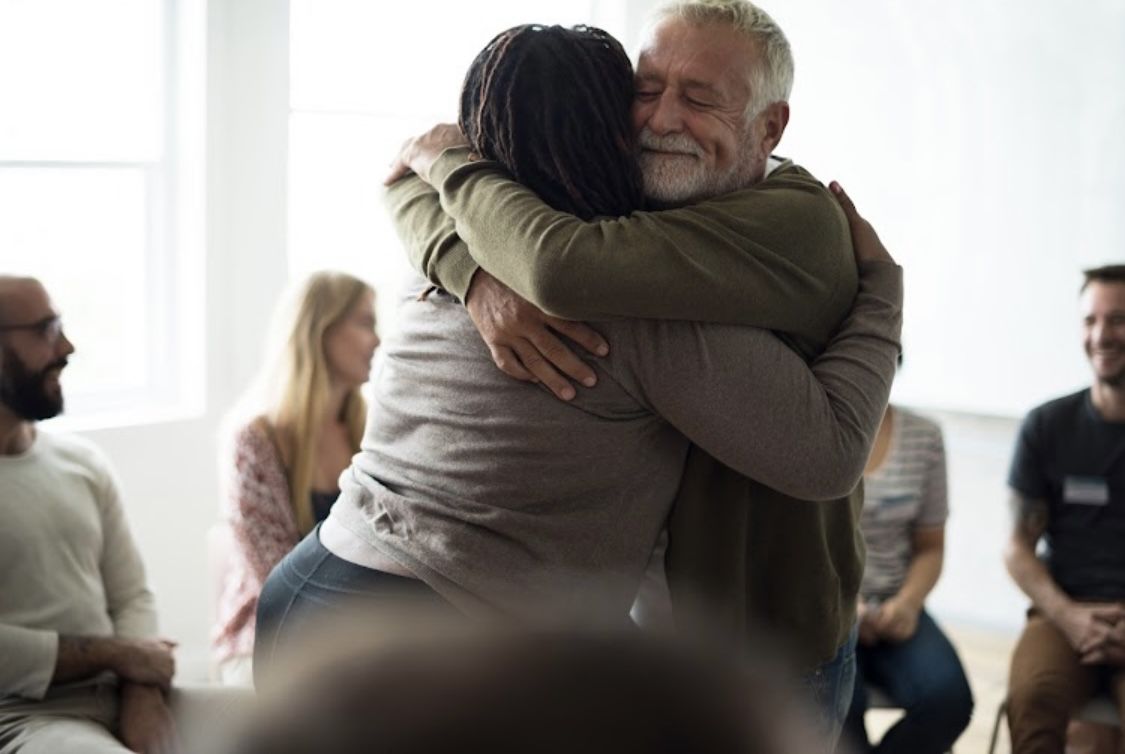
Scientific Approach and Safety of PAT
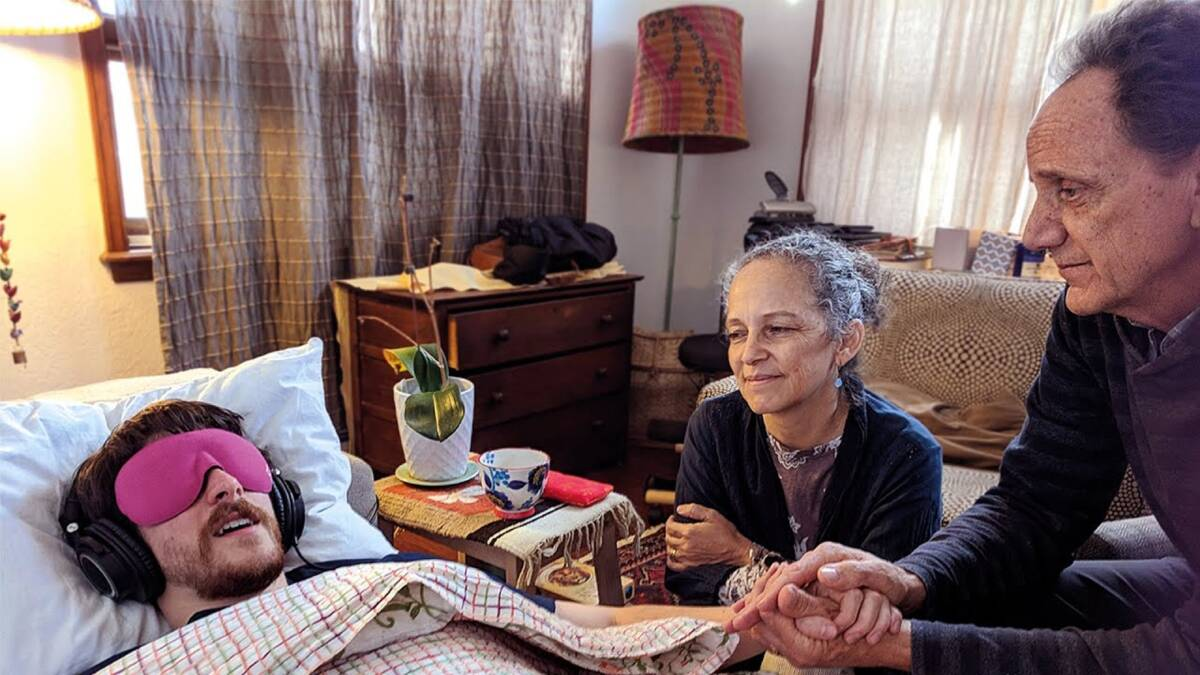
Modern scientific research demonstrates the high potential of psychedelic-assisted therapy (PAT). This is not about recreational drug use — therapy is conducted in controlled settings, under the supervision of certified medical professionals, with pre- and post-session integration support.
The principle is simple: psychedelics are not medicine by themselves — they are tools that facilitate access to the unconscious. The core of the process is psychotherapy.
For example, MDMA-assisted PTSD therapy typically includes 2–3 sessions with controlled dosing (120 mg during the first session, 80 mg during the second). According to studies, 40% of patients no longer exhibit PTSD symptoms after just one session.
MDMA-assisted psychotherapy — read more on the UPRA website.
In the United States, MDMA is currently in Phase III clinical trials and may be legalized soon. Similar studies are also underway in Canada, Israel, and other countries.
Why did the FDA advisory panel vote against approving MDMA as a treatment for PTSD, and what does this mean for Ukraine? — read more on the UPRA website.
Prospects for PAT in Ukraine
In Ukraine, psilocybin and MDMA remain prohibited, even for scientific research. However, discussions about their medical use are already taking place among psychotherapists, researchers, and Ministry of Health representatives.
One possible path forward is to reclassify these substances from the strictly prohibited list to a category with restricted circulation — allowing them to be used in clinical and research settings.
The Ukrainian Psychedelic Research Association (UPRA) is already working on:
- advocating for legislative reform;
- promoting expanded access programs;
- training medical professionals in PAT.
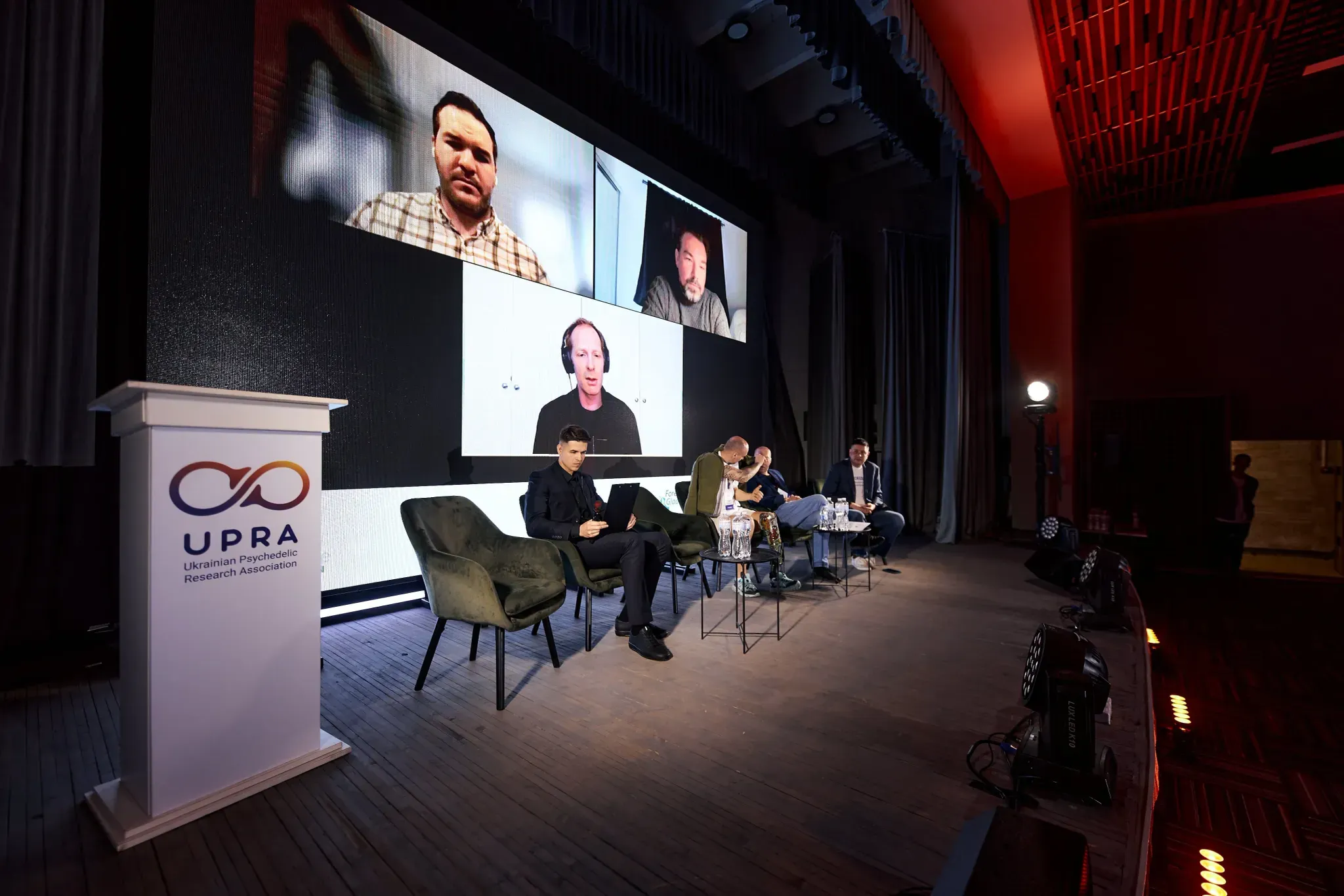
Well-known Ukrainian psychiatrists and scientists drew attention to the national context, and veterans shared their own experience of therapy.
The experience of other countries proves that psychedelic therapy is not a fashion, but a powerful tool for treating PTSD. It gives a chance to those who could not be cured by traditional methods.
Ukraine has a chance to become a leader not only in the military but also in the medical field by introducing modern, scientifically based approaches to supporting veterans. But this requires political will, professional environment and public support.
PTSD is not a sentence. Countries that have relied on innovative treatment have proven that veterans can return to a full life. Ukraine has every chance to follow this path - from changing legislation to creating effective rehabilitation programs adapted to our reality.
Veterans need not only medicine, they need understanding.
A society that can listen, understand and support them is the best therapy of all.
Stanislav Gibadulin: psychedelic therapy changed my life in one session — read the full story on UPRA's website.
